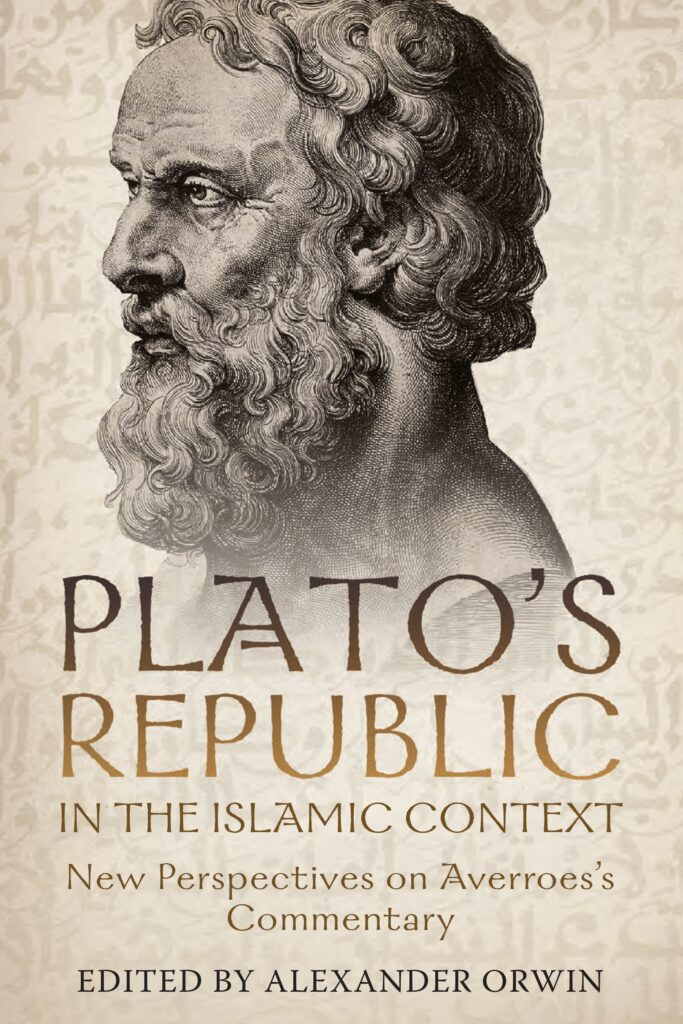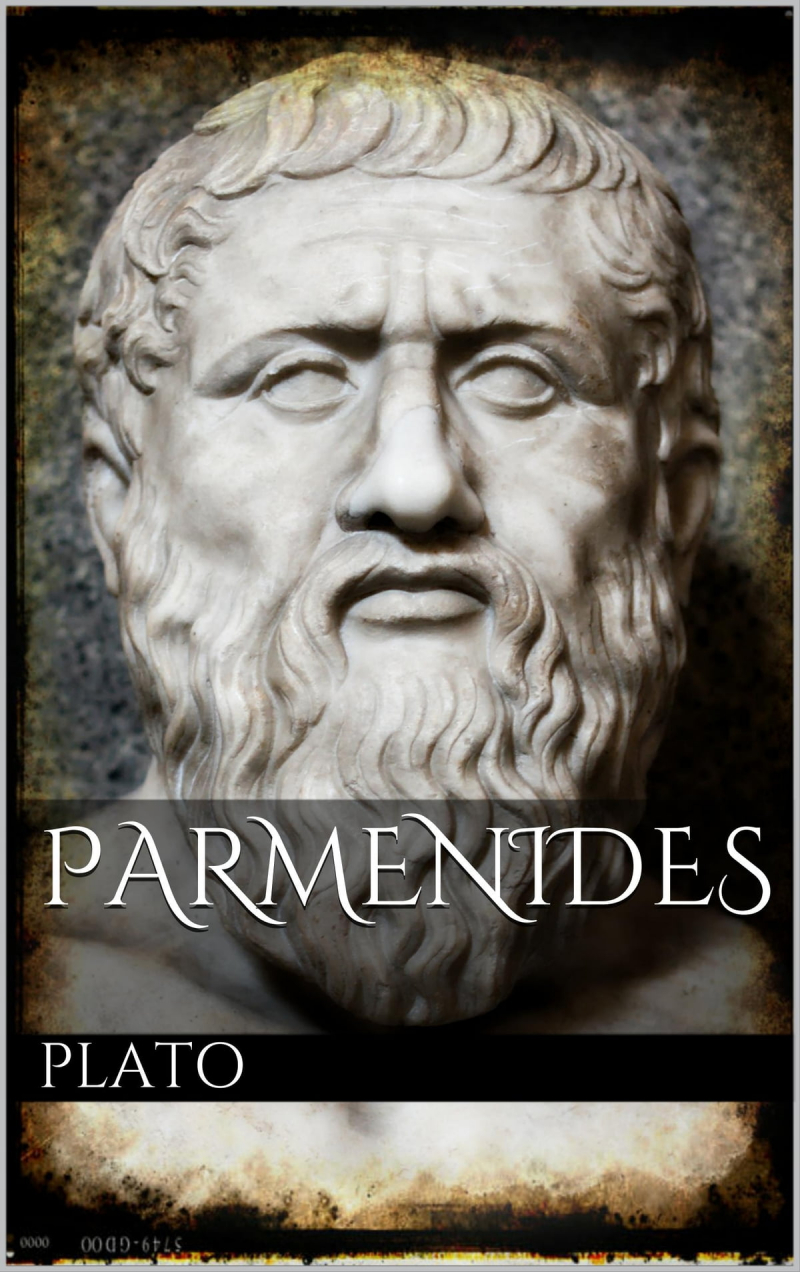He wrote a number of philosophical essays that are still being debated today

Plato's writings are often divided by scholars into three periods. Early periods such as Works like Apology of Socrates, Euthyphro, Hippias Major, Minor, and Ion are credited to him at this time. An important aspect of this period is the mythical Socrates that appears in the dialogues.
The Middle Period including The Republic, Symposium, and Phaedo, three of Plato's most well-known writings, were all written during this time. Plato has continued to delve into philosophical ideas like law, love, and the soul in his dialogues. In this period, Socrates continues to be a fictitious figure used to debate philosophical ideas, but he begins to fade into the background.
Late Period as Parmenides and Theaetetus are two of this period's most well-known philosophical essays masterpieces. During this time, Plato challenges the contradictions between religion and knowledge. The majority of Plato's writings take the form of conversations, many of which have no clear end. The best method to learn Plato's philosophy is to approach a subject from all angles and keep asking what happens. Even literary academics who are generally uninterested in philosophy have taken notice of these dramatic aspects of Plato's works, which are the reason they are still the subject of intense dispute today.













